Cameron Johnson, a Washington native who has lived in China for 20 years, spoke to members of the Council on October 8th. Cameron, a member of the American Chamber of Commerce in Shanghai, reviewed the findings of Amcham’s annual business survey which was released last month. The survey’s key findings were that American businesses in China are, in general, profitable and still optimistic about the future. Cameron also reported on his recent participation on Amcham’s Doorknock to Washington where he met with members of Congress, the Administration as well as with think tanks. Cameron reported that he did not find any coherent strategy emanating from Washington on how to improve the U.S China relationship.
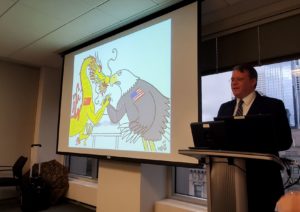
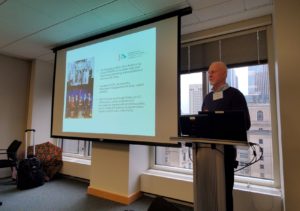
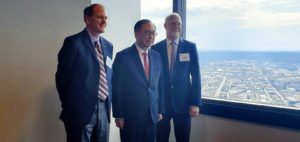
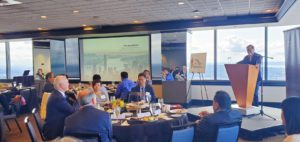
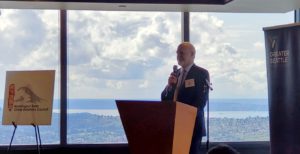
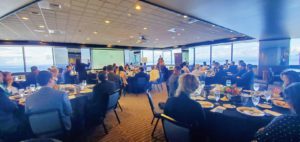
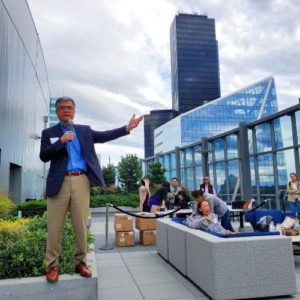
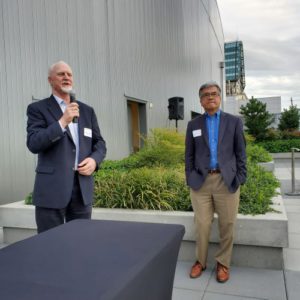
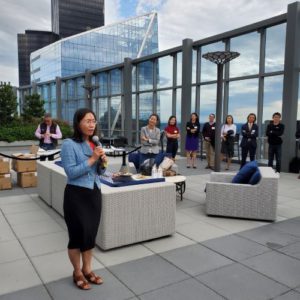
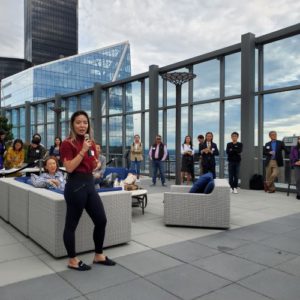
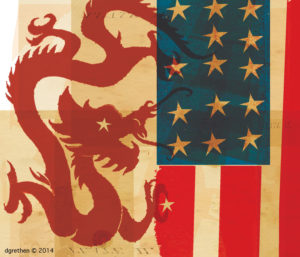
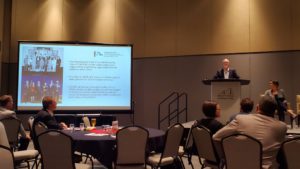 WSCRC’s Executive Director Nor Coquillard spoke at an event in Everett recently titled “Tariffs, Tension and Trade”. The event, co-sponsored by the Economic Alliance of Snohomish County, Snohomish County, and WSCRC, brought together business and civic leaders from the region. In addition to Nor, former Governor Gary Locke and well-known lawyer Nelson Dong of Dorsey and Whitney made presentations about the impacts of the continued trade war with China. Then they all participated in a panel discussion moderated by Everett Mayor Cassie Franklin. The audience was particularly interested in the repercussions of an extended trade war on the economy of Washington state.
WSCRC’s Executive Director Nor Coquillard spoke at an event in Everett recently titled “Tariffs, Tension and Trade”. The event, co-sponsored by the Economic Alliance of Snohomish County, Snohomish County, and WSCRC, brought together business and civic leaders from the region. In addition to Nor, former Governor Gary Locke and well-known lawyer Nelson Dong of Dorsey and Whitney made presentations about the impacts of the continued trade war with China. Then they all participated in a panel discussion moderated by Everett Mayor Cassie Franklin. The audience was particularly interested in the repercussions of an extended trade war on the economy of Washington state.